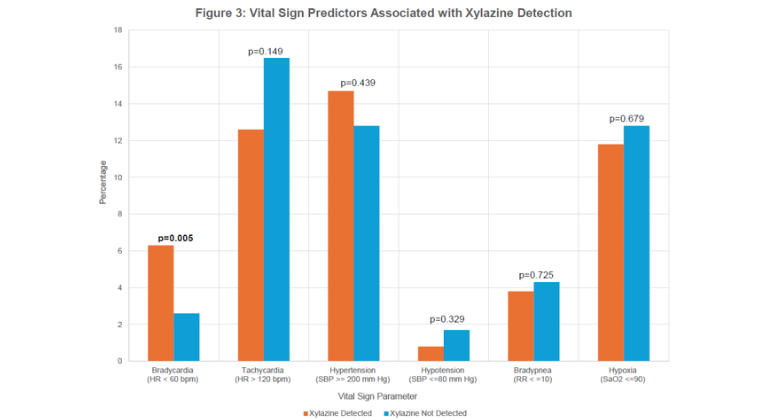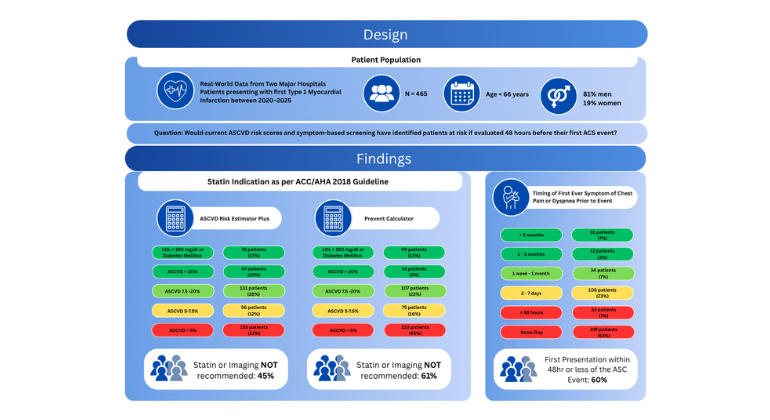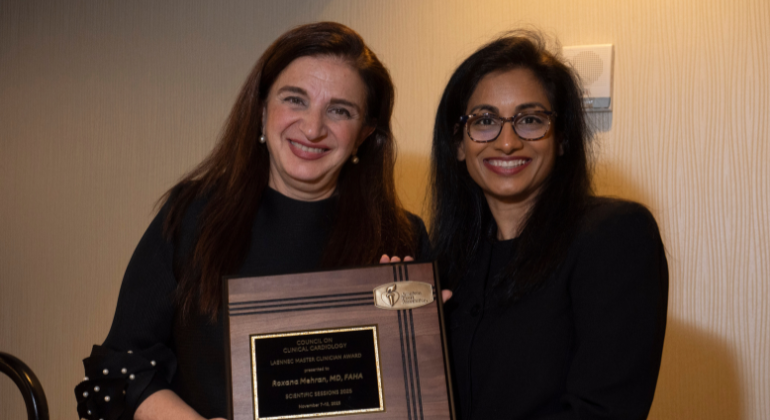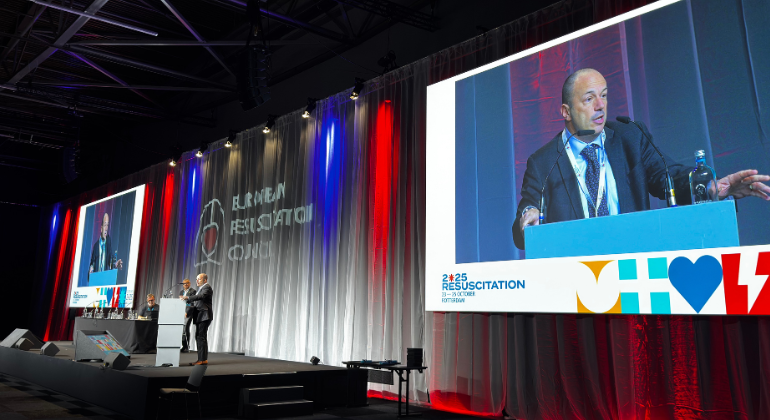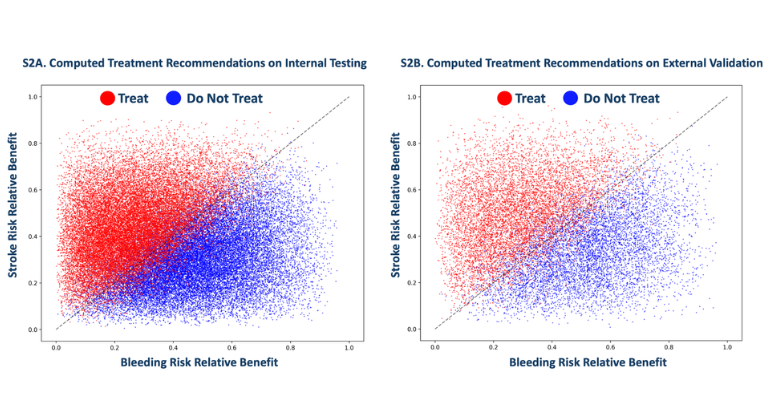"Gene Therapy To Repair Hearts" - Arlene Weintraub
Heart function improved by up to 25 percent in a trial using gene therapy to reverse cardiac damage from congestive heart failure in a large animal model, Mount Sinai researchers report. This is the first study using a novel vector for gene therapy to improve heart function in non-ischemic heart failure. In heart failure, a weakened or damaged heart no longer pumps blood effectively. This potentially fatal disease affects almost 6 million Americans, according to the American Heart Association, and is a major cause of morbidity and mortality, especially in elderly patients. "Mount Sinai has performed pioneering work on gene therapy over the last decade, and this study shows that gene therapy is now a viable option for treating congestive heart failure," said the study’s senior author, Roger Hajjar, MD, director of the cardiovascular research center and the Arthur and Janet C. Ross professor of medicine at the Icahn School of Medicine at Mount Sinai. "There is a critical need to explore new therapeutic avenues and approaches."
- Roger Hajjar, MD, Director, Cardiovascular Research Center, Arthur & Janet C. Ross Professor, Medicine, Icahn School of Medicine at Mount Sinai
Additional coverage:
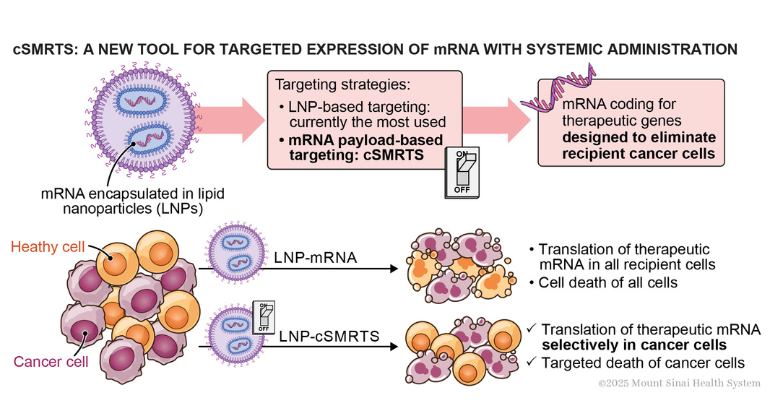
Scientists Develop a Smarter mRNA Therapy That Knows Which Cells to Target
Dec 15, 2025 View All Press Releases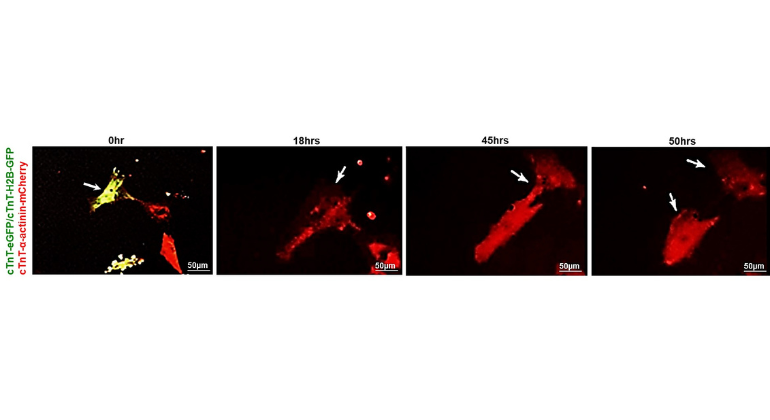
A Specific Human Gene Can Help the Heart Repair Itself From Heart Attack or Heart Failure
Nov 03, 2025 View All Press Releases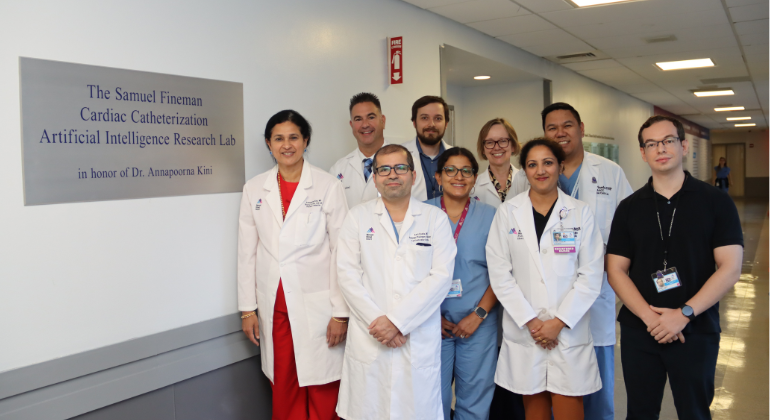
Mount Sinai Launches Cardiac Catheterization Artificial Intelligence Research Lab
Sep 15, 2025 View All Press Releases